Six things you need to know about URBACT IV
Edited on
21 June 2022Find out what you can expect from the next generation of the URBACT programme kicking off later this year.
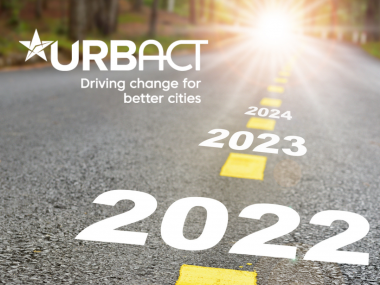
The new URBACT IV Programme – the European Territorial Cooperation Programme for cities of all sizes – was approved by the URBACT IV Programming Committee in May 2022 and has now passed to the European Commission for formal adoption. So, whether or not you currently know URBACT inside out, now is a good time to find out what to expect from the new programme!
In summary? URBACT’s main objectives will still be about supporting cities to plan and implement integrated sustainable urban development strategies based on the URBACT method(link is external) of local stakeholder participation and transnational exchange. The heart of the programme will remain city networks, supported by capacity building and the development and sharing of knowledge.
But what is URBACT’s Innovation Transfer Mechanism? What will be the task of URBACT’s new Thematic Communities? How are cities from EU pre-accession countries going to take part? And what will a sharpened focus on cross-cutting digital, green and gender issues mean in practice? Read on to find out more.
- URBACT IV is still about working with cities to better implement sustainable urban development strategies
The key aim of URBACT IV is to “Enhance the institutional capacity of public authorities” in order to deliver on sustainable urban development objectives – and thus “to reinforce the effectiveness of EU Cohesion Policy(link is external)".
Indeed, URBACT has an officially recognised role to play in achieving Policy Objective 5 of EU Cohesion Policy: Bringing “Europe closer to citizens by fostering the sustainable and integrated development of all types of territories”.
URBACT IV is also recognised as an important tool for delivering on the vision of the New Leipzig Charter for sustainable urban development – supporting towns and cities to become more just, green and productive.
What does this mean in practice? URBACT IV will continue to support cities of all sizes – from neighbourhood level to functional urban areas – to improve their approaches to sustainable urban development based on the URBACT method(link is external). Key aspects include local stakeholder participation, networking and exchange between cities, expert support and knowledge transfer.
- URBACT city networks a bigger focus than ever
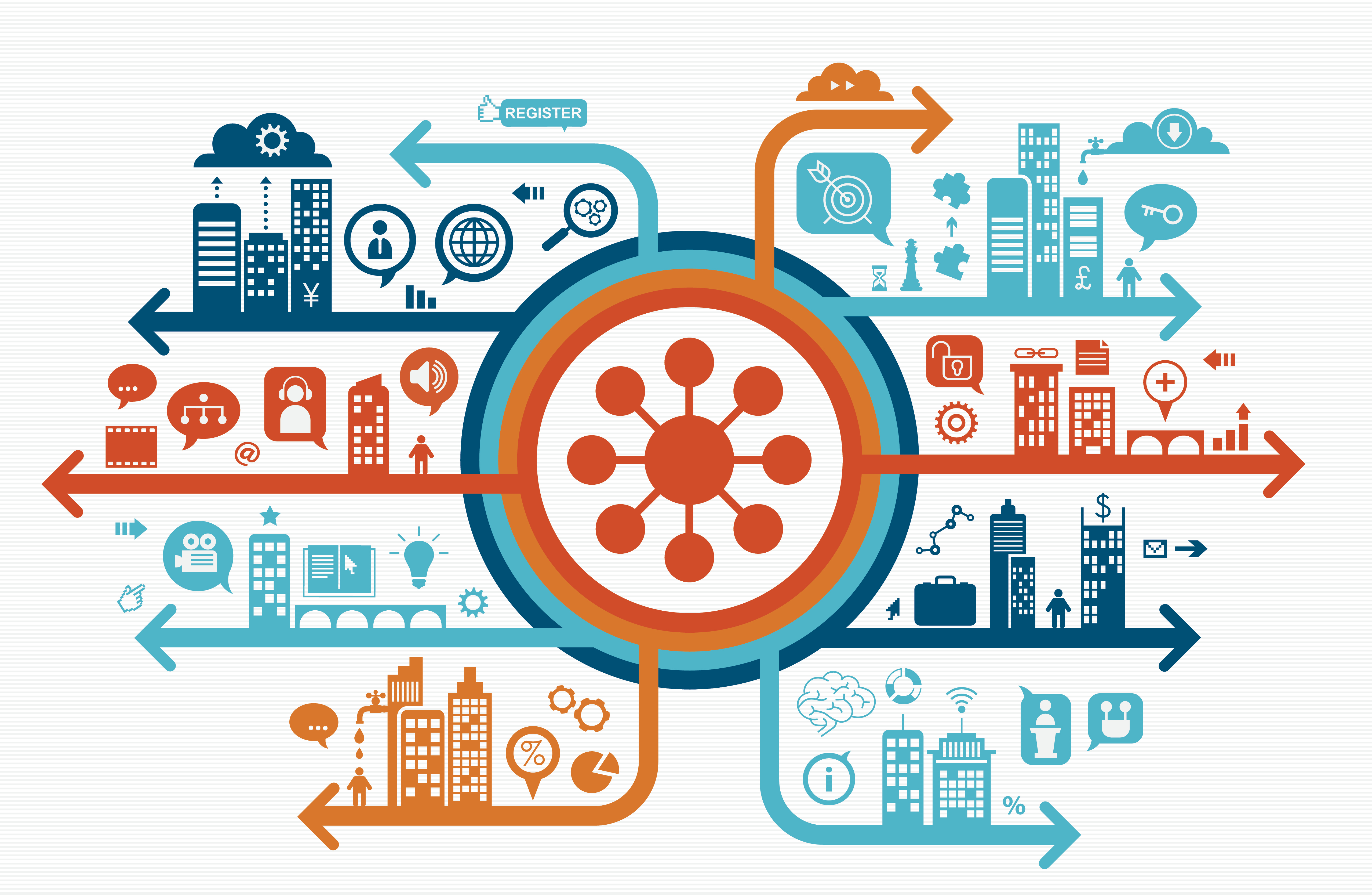 Thematic city networks are the heart and soul of the URBACT programme! A typical URBACT network comprises 8-10 towns and cities from across Europe that come together around a topic of common interest for 2.5 years’ joint work – with support from URBACT experts. Each city creates its own URBACT Local Group to work on its local challenges, whilst exchanging and learning with its network peers.
Thematic city networks are the heart and soul of the URBACT programme! A typical URBACT network comprises 8-10 towns and cities from across Europe that come together around a topic of common interest for 2.5 years’ joint work – with support from URBACT experts. Each city creates its own URBACT Local Group to work on its local challenges, whilst exchanging and learning with its network peers.
Using an even greater proportion of the programme budget than ever before, URBACT IV will support three types of city network – with applicant networks selected under specific calls. These will focus on improving the capacity of European cities to:
- co-design and implement Integrated Action Plans (Action Planning Networks);
- transfer established urban good practices (Transfer Networks); and
- design investment plans for replicating innovation created by Urban Innovative Actions / the innovation strand of the European Urban Initiative(link is external) (EUI) (Innovation Transfer Mechanism).
The first call for networks under URBACT IV is provisionally planned for October 2022. Visit the website, subscribe to our newsletter or follow URBACT on social media so that you don’t miss it!
- Capacity building and knowledge sharing will remain key
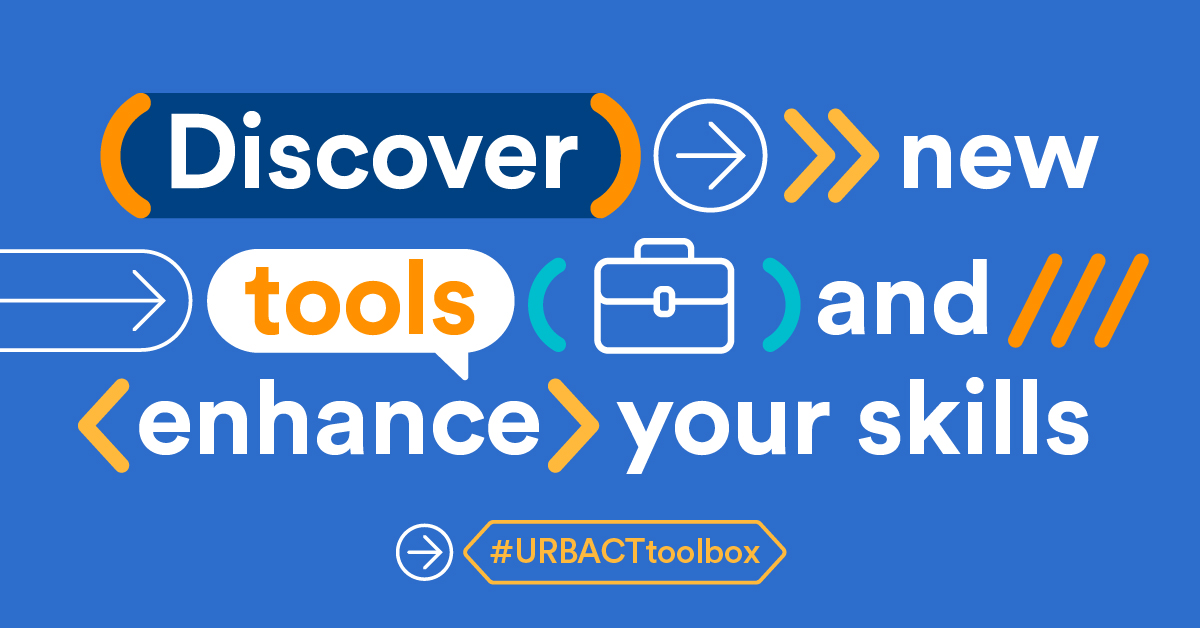 URBACT IV will continue its efforts to improve the capacity of participating towns and cities to apply the URBACT method(link is external) in designing and implementing sustainable urban development strategies. It does this through physical and online capacity-building events – such as the URBACT e-University, as well as a range of free-to-access online tools and guidance.
URBACT IV will continue its efforts to improve the capacity of participating towns and cities to apply the URBACT method(link is external) in designing and implementing sustainable urban development strategies. It does this through physical and online capacity-building events – such as the URBACT e-University, as well as a range of free-to-access online tools and guidance.
URBACT will keep developing and sharing thematic urban knowledge emerging from its cities and networks, through the URBACT Knowledge Hub. The creation and animation of online thematic communities will also enable cities to exchange on topics cutting across the themes of specific URBACT networks – ensuring a more integrated approach to addressing key urban challenges.
Up-to-date analysis of city policy and practice emerging from URBACT’s work will be actively fed into the European Urban Initiative and the Urban Agenda for the EU(link is external), in order to link city voices and analysis to national and European urban policymaking.
- A reinforced focus on digital, green and gender issues
URBACT will retain the principle that cities will be free to select their own network themes according to their needs and priorities. Nevertheless, it will also explicitly aim to build the awareness and capacity of all programme actors “to better include cross-cutting considerations such as digital, environment and gender equality” in their work and activities.
 Cross-cutting topics and principles such as these will be part of the assessment criteria for selecting networks. Specific training on gender equality, digital transition and climate action will also be compulsory for all networks.
Cross-cutting topics and principles such as these will be part of the assessment criteria for selecting networks. Specific training on gender equality, digital transition and climate action will also be compulsory for all networks.
Exchange and learning opportunities on such cross-cutting themes will also be enabled beyond the exchanges taking place within specific networks – notably through the thematic communities mentioned above. This will support better understanding of how to include aspects such as digital, green and gender-inclusive policymaking within integrated approaches to sustainable urban development.
The emerging knowledge will feed directly into relevant URBACT Knowledge Hub pages – Gender Equal Cities, TechPlace.online(link is external) and Climate Action – as well as directly into the wider policy discussions outside of URBACT.
- An expanded programme area to include pre-accession countries
URBACT IV will continue to cover all 27 EU Member States as well as Norway and Switzerland as Partner States, providing co-financing from the European Regional Development Fund (ERDF) to support their participation in URBACT networks. City authorities will again benefit from a National URBACT Point (NUP) providing information and support in the national language, as well as supporting dialogue between local, regional and national authorities. Countries are being encouraged to combine the functions of the NUP with the contact point of the future European Urban Initiative, in order to maximise the opportunities that Cohesion Policy offers to cities.
In addition, for the first time, the URBACT programme area is being extended to include those countries benefitting from the Instrument for Pre-Accession Assistance (IPA countries). The intention is that towns and cities from Albania, Montenegro , North Macedonia, Bosnia-Herzogovina and Serbia will join URBACT networks as full partners using dedicated IPA funding (rather than ERDF). It is also expected that there will be some specific activities and support just for IPA country cities – along with the creation of National URBACT points in these countries.
- Don’t miss the launch of the new programme at the URBACT City Festival – in Paris or online!
The upcoming URBACT City Festival 2022 in Paris will see the launch of the new programme, with dedicated sessions on the final day (16 June) from 14:00 – including ones you can follow online.
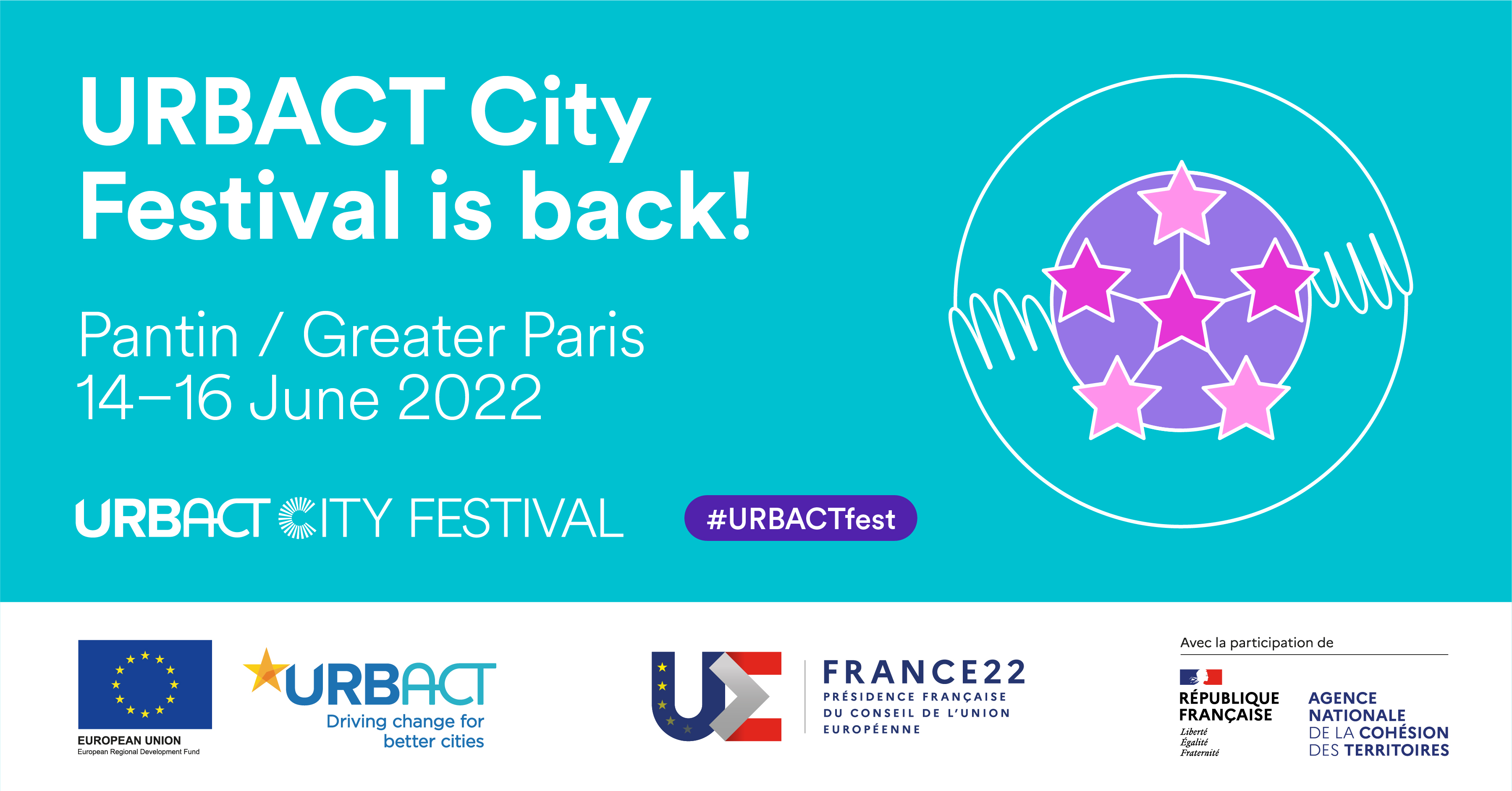 A first panel will situate URBACT in the new EU urban policy framework in particular the European Urban Initiative. It will be followed by a presentation of the new URBACT IV programme and the next call for networks. This session will be livestreamed, so you can follow online even if you cannot make it to the event in Paris. Look out for more details via URBACT’s social media accounts!
A first panel will situate URBACT in the new EU urban policy framework in particular the European Urban Initiative. It will be followed by a presentation of the new URBACT IV programme and the next call for networks. This session will be livestreamed, so you can follow online even if you cannot make it to the event in Paris. Look out for more details via URBACT’s social media accounts!
Additional breakout sessions for those present in Paris will offer insights into key practical questions of ‘How to be a Lead Partner?’, ‘How to be a Project Partner?’, ‘How participatory tools can be used to involve citizens in policymaking?’ (‘Participation in Action’) and ‘How to apply the URBACT method at city level?’ (‘How to put integration into action for sustainable urban development?’).
Cities are encouraged to already start thinking about their priority topics and building their partnerships for their next URBACT network. Dedicated network sessions will support this for those present at the Festival in Paris. We look forward to seeing many of you there!
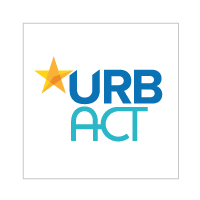 Submitted by URBACT on
Submitted by URBACT on
